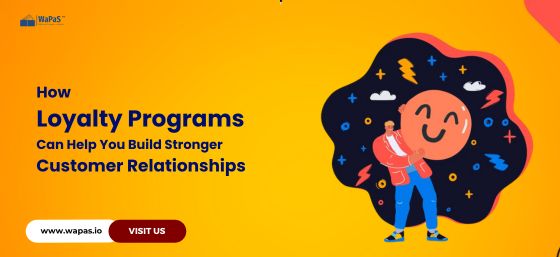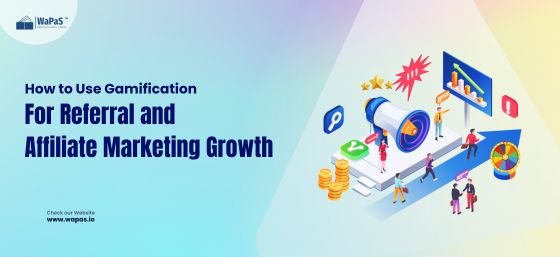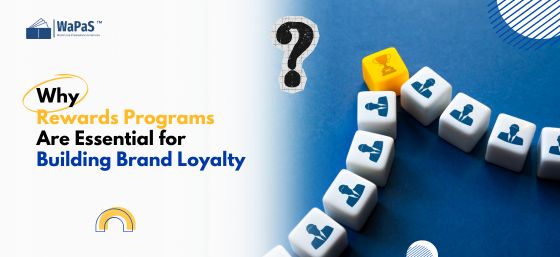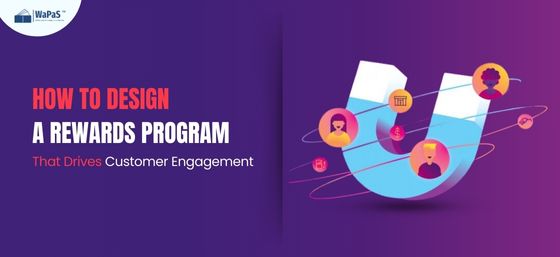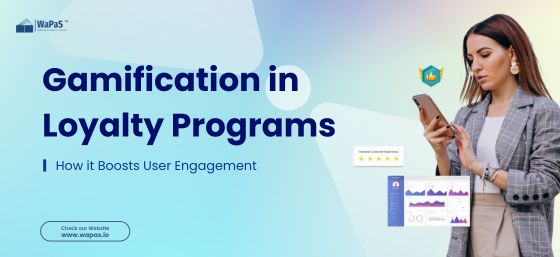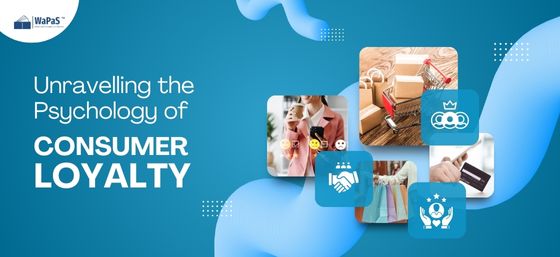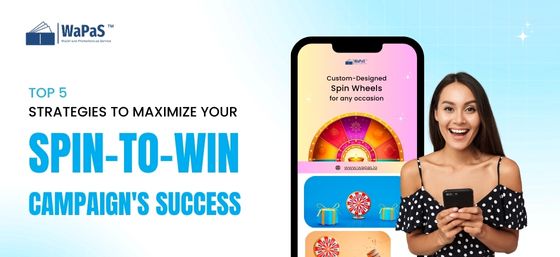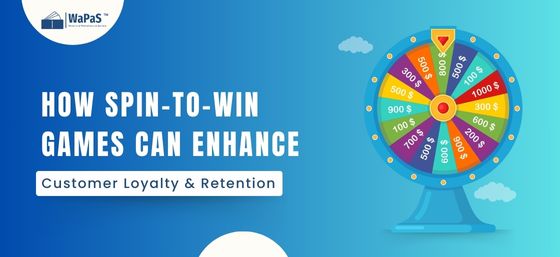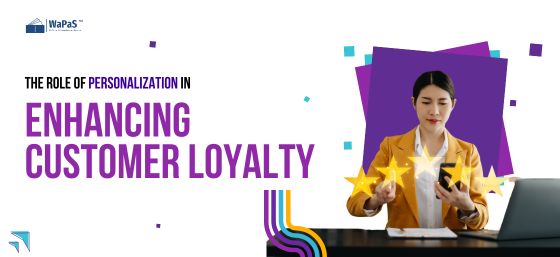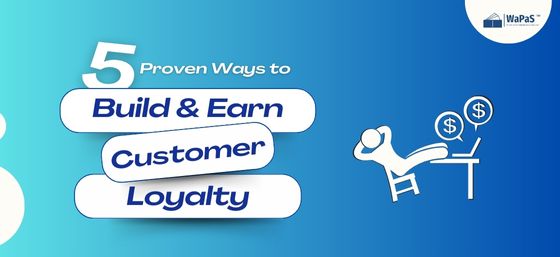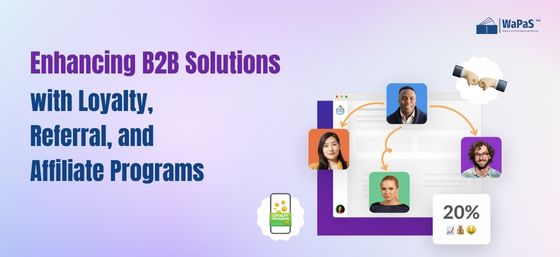Exploring the Psychology of Consumer Loyalty
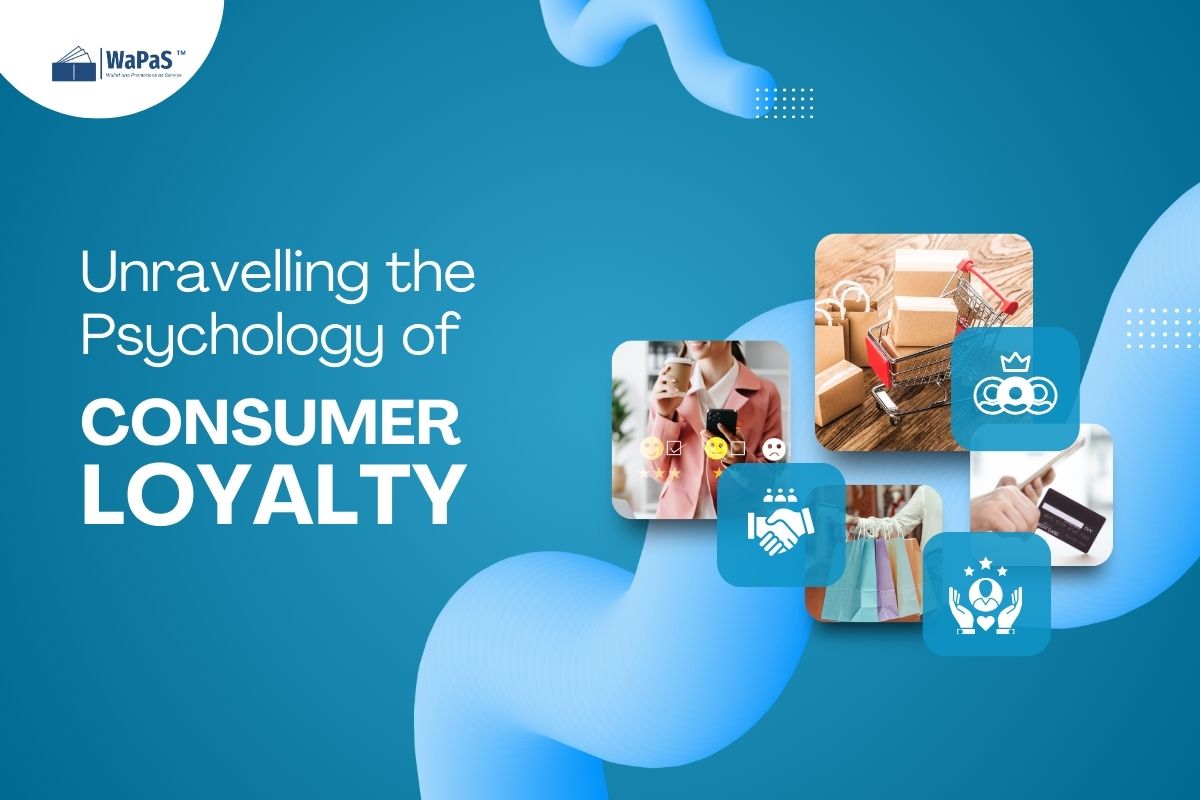
In today's highly competitive marketplace, companies and brands work tirelessly to cultivate enduring bonds with their clients. One of the most critical factors in these connections is consumer loyalty when consumers consistently select one brand or product over another. However, what keeps customers faithful? What mental processes underlie this behaviour, and how can companies foster brand loyalty? In this article, we'll look at the psychology of customer loyalty and discuss long-term customer engagement tactics that companies may adopt.
Understanding Consumer Loyalty
Fundamentally, customer loyalty encompasses more than just recurring business. It displays a firmly held preference for a brand, frequently shaped by sentimental ties, self-assurance, fulfilling experiences, and ideals. Loyal consumers often support their preferred companies, spread the word about them, and even put up with little setbacks or price hikes.
Businesses frequently employ reward programs, loyalty programs, and personalized marketing strategies to deepen this relationship. The difficulty, though, is in comprehending the customer behaviour that fosters loyalty; here is where psychology enters the picture.
The Psychological Drivers of Consumer Loyalty
1. Faith
The most essential element influencing customer loyalty may be trust. When consumers have faith in a brand, they have faith in its goods and services, dependability, integrity, and consistency. Customers are more likely to commit to a brand when they feel secure, which is fostered by trust. Organizations that exhibit operational transparency, proficient communication, and responsible handling of grievances typically see increased customer retention.
Building brand trust involves maintaining quality standards throughout the process, keeping commitments, and communicating openly and honestly. Even with alternatives, customers are less inclined to go to a rival if they believe in a brand.
2. Emotional Connection
Consumer behaviour is greatly influenced by emotions. Strong customer loyalty is more likely to emerge for brands that make customers feel happy, nostalgic, or excited. For instance, Apple has developed a culture around its products that inspires a feeling of identification and belonging, creating ardent followers who stick with the company no matter how expensive its goods are.
Businesses must comprehend their consumers' beliefs and preferences to develop campaigns or goods that personally connect with them and foster an emotional connection. Emotional marketing and storytelling are helpful techniques for building these relationships and giving clients a sense of worth and understanding. WaPaS enhances this emotional engagement by allowing brands to implement gamified loyalty systems that reward users for their interactions, creating a sense of excitement and involvement.
3. Perceived Value
Customers are more inclined to stick with a business that continuously provides value, whether it is via superior goods, first-rate customer service, or affordable prices. A product or service's perceived value encompasses not just its actual cost but also the whole consumer experience. Stronger consumer engagement is likely to come from a business that offers value beyond the sale, such as personalized recommendations, special offers, or attentive customer service.
At this point, data-driven marketing becomes essential. Businesses may analyze behavioural analytics to determine what matters most to their clients and adjust their products. Understanding and meeting customers' preferences can facilitate maintaining their loyalty.
WaPaS allows brands to analyze customer data to determine what matters most to their clients, ensuring that each interaction delivers meaningful value.
4. Reciprocity Principle
Psychology's reciprocity principle states that when someone does something nice for them, people often feel compelled to repay the favor. Implementing this idea may successfully increase customer loyalty. For example, when a business provides its clients with incentives, savings, or customized benefits, they can feel obliged to repay the favor by remaining faithful or making further purchases.
Companies that apply this strategy frequently have better customer retention rates. A sense of reciprocity is produced, for instance, by loyalty programs that allow users to accrue points and redeem incentives. Customers are more inclined to stick with a company if they believe it provides something worthwhile.
WaPaS's loyalty programs allow users to accumulate points and redeem rewards, creating a sense of reciprocity that enhances brand commitment.
5. Habit Formation
Due to a brand's familiarity and ease of use, consumers who get into the habit of buying from it are more inclined to stick with it. Patterns are frequently the driving force behind consumer habits, and disrupting these patterns takes a lot of work that many customers are hesitant to put in. For this reason, companies want to be the option consumers think of first.
It's important to prioritize user experience (UX) consistency, accessibility, and frictionless transactions to establish ingrained purchasing habits. Businesses that invest in developing seamless customer experiences, such as those seen on well-designed websites or apps, typically enjoy increases in recurring purchases, which strengthens customer loyalty.
6. Belonging and Social Proof
Due to our innate social nature, people's desire to fit in with a group or community is a powerful motivation for retaining consumer loyalty. Individuals are more inclined to try a product or service themselves when they witness others using it, particularly if those individuals are in their social circle or belong to a group they want to join. User-generated information, testimonials, and reviews are examples of social proof that is important in swaying consumers' decisions.
Companies typically foster Deeper brand loyalty by creating a strong feeling of community around their goods, encouraging users to interact and share their experiences. For instance, fitness companies like Peloton have established active online communities where members encourage one another, further cementing their loyalty to the brand.
WaPaS fosters deeper utilization by encouraging community-building around products, enabling users to share their experiences and engage with each other, creating a strong sense of belonging.
7. Continuity and Reliability
Establishing consistency is essential for building consumer loyalty and trust. When a company consistently provides a dependable experience, consumers begin to depend on it. Because of its consistency, customers are more likely to continue with the brand rather than try a new one, which lowers uncertainty in the purchasing process.
For example, fast food restaurants such as McDonald's are renowned for providing reliable items worldwide, which helps them maintain a devoted clientele. No matter where you are, you can always count on the same level of predictability regarding client retention. Brands that utilize WaPaS can ensure this continuity through consistent rewards and personalized experiences, reinforcing trust and loyalty.
How to Increase Brand Loyalty with Customers
Now that we know the psychology underlying customer loyalty, we must consider doable strategies businesses may use to increase it. The following are some tactics:
1. Personalization
Personalized interactions provide clients with a sense of worth and comprehension. By utilizing behavioural analytics, brands may use purchase histories, engagement levels, and consumer preferences to track and provide personalized suggestions and offers. By guaranteeing that the brand caters to specific demands rather than giving generic answers, personalized marketing helps increase customer satisfaction.
2. Loyalty Programs
Successful loyalty programs reward clients for coming back. These programs can give consumers incentives to select a brand over its rivals, whether in the form of points, discounts, or special offers. Ensuring that the incentives are achievable and significant is crucial for a loyalty program to succeed in building consumer interest and expectation.
3. Exception Customer Care
One of the best strategies for increasing client loyalty is providing excellent customer service. Customers are more likely to form an emotional bond with a business when they feel appreciated and supported. Companies that go above and beyond in responding to customer complaints and resolving problems can transform bad experiences into positive ones and increase their customer retention.
4. Community Development
Customers feel more a part of a brand when they contribute to building a community around it. Brands that connect with their audience more deeply—through social media groups, forums, or events, for example—are more likely to create enduring connections. To increase customer engagement even more, consider inviting customers to share their experiences or to take part in brand-related events.
5. Continual Excellence
A product or service must be consistently high quality to maintain consumer loyalty. Customers are loyal to brands that constantly meet or exceed their expectations because they are trustworthy and dependable. Routinely upgrading products or services based on customer input ensures a brand's relevance and alignment with client demands.
Conclusion
A feeling of belonging, emotions, trust, and habits all play a role in the psychology of consumer loyalty, which is a complicated and diverse phenomenon. Companies may create enduring relationships with their clients by comprehending these psychological forces and effectively incorporating them into their marketing campaigns. Businesses may build a devoted clientele that will come back for more and act as brand ambassadors by emphasizing trust, personalization, emotional connections, and providing constant value. Staying competitive in the market requires adjusting to these psychological aspects as customer tastes change. WaPaS offers tools and strategies to help brands enhance loyalty through personalized rewards and engagement, ensuring they remain competitive in a rapidly changing market.
Explore how personalized experiences and trust can transform your brand. Start building lasting relationships today!
Frequently Asked Questions
What is consumer loyalty?
Consumer loyalty refers to a customer's consistent preference for a particular brand, product, or service. It goes beyond repeat purchases and includes emotional attachment, trust, and advocacy for the brand.
Why is consumer loyalty important for businesses?
Loyal customers tend to make more frequent purchases, refer new customers, and remain committed even when prices rise or competitors emerge. This leads to higher customer lifetime value (CLV) and sustainable business growth.
What are the key psychological drivers of customer loyalty?
Some major psychological factors that influence consumer loyalty include:
- Trust – Customers stay loyal to brands they trust.
- Emotional Connection – Strong emotional ties enhance brand attachment.
- Perceived Value – Consumers stay with brands that offer continuous value.
- Reciprocity – When brands give rewards, customers feel obligated to return the favor.
- Habit Formation – Repetitive interactions create loyalty through convenience.
- Social Proof – Reviews, testimonials, and community influence brand preference.
- Consistency – Reliable experiences build long-term trust.
How does trust impact customer loyalty?
Trust is the foundation of loyalty. When consumers believe a brand is transparent, reliable, and consistently delivers quality, they are less likely to switch to a competitor.
How can brands build emotional connections with customers?
Brands can foster emotional connections by:
- Sharing authentic stories that resonate with their audience.
- Engaging customers with personalized experiences.
- Creating a sense of belonging through communities or brand advocacy programs.



